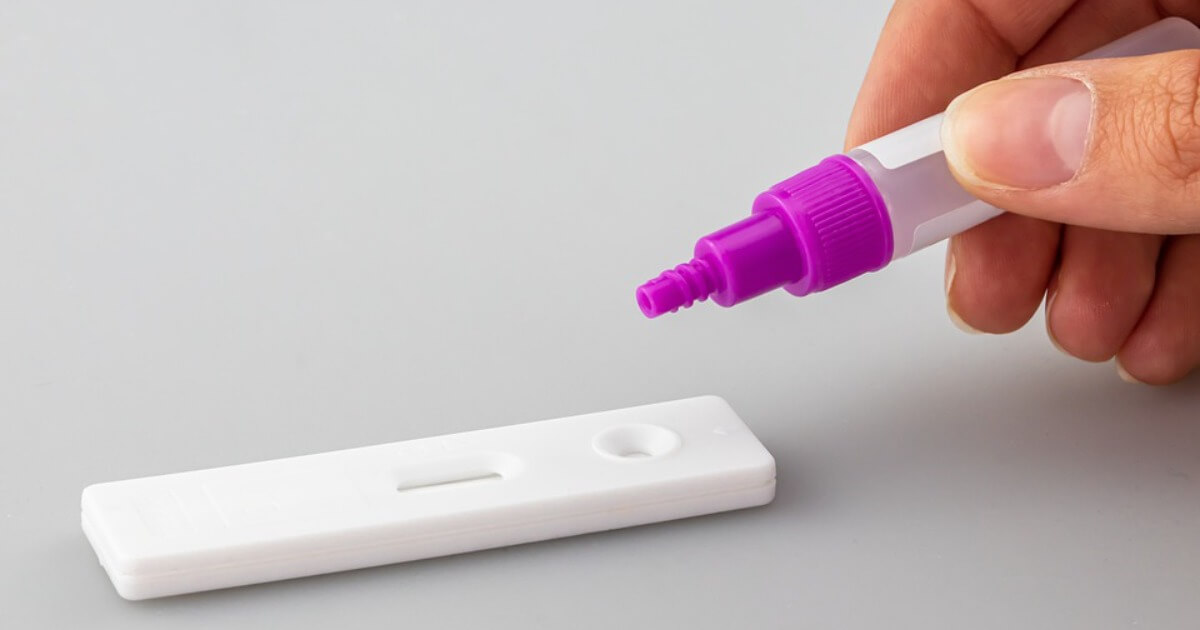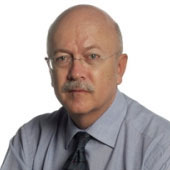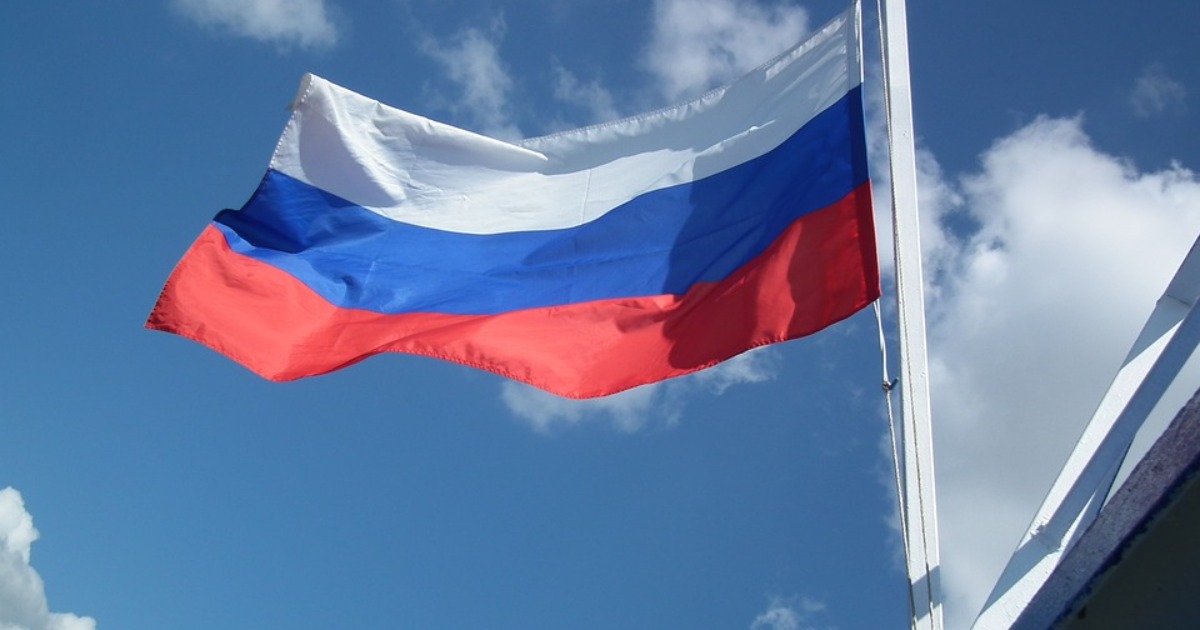Immunizing the World: Can We Do It?
Global governance on immunization against COVID 19 has failed quite badly so far. The West will experience a blowback.
February 24, 2021

It is not only a matter of morality — but also an issue of general protection and even of geopolitics: It is necessary to immunize the world, or at least to try to, and to this end to launch a global vaccination campaign against COVID 19.
Western leaders have been slow to react — but they at last seem better disposed towards the proposal, as became clear at the recent virtual G7 summit.
It was not a foregone conclusion — nor are all the guarantees on offer. In any event, while the method is multi-lateralism, the goal is the universalism of the kind that has become a common or collective good.
Immunization does not necessarily mean vaccinating everyone — but certainly a large proportion, with another portion having suffered and overcome the infection.
Is global vaccination feasible?
But universal immunization, for the planet’s 7.8 billion people, does not seem feasible — even if everyone wanted to have the vaccine, which they do not, and given that there are as yet no vaccines for children.
Until now, it has been possible to eradicate only one infectious disease (smallpox) — although others (such as polio) have been successfully wiped out regionally.
The West’s blunder at the start of COVID 19 was in supposing it was another epidemic that would remain confined to Asia. And it has hit the West hard.
Back in 2009, the H1N1 swine flu spread from Mexico and extended to more than 200 countries, causing at least 18,000 recognized deaths. Even back then, the wealthy countries commandeered most of the vaccines — depriving the poor ones.
This time, 2020 saw the launch of COVAX, the Vaccine Alliance (Gavi) and the ACT Accelerator, which essentially exist for the purchase of large batches of vaccines, tests and treatments for some 2 billion people — to administer them free of charge to 92 medium and low-income countries collectively accounting for some 4 billion people.
Falling short
But the initiatives have fallen short in terms of budgets and doses. As an immediate measure, the French President Emmanuel Macron has urged the EU and the United States to send at least 5% (only 5%?) of its vaccines without delay to Africa.
For his part, Joe Biden has pledged that the United States will provide $2 billion this year and $4 billion in total over two years — a donation that his country had already approved before he took office.
In general terms, the G7 pledged to double its contributions to the global fight against COVID 19 to $7.5 billion — in order to vaccinate 20% of the poorest countries this year, meaning the money available so far will total $10.3 billion (less than half the minimum needed).
Western stockpiling
China has accused the West of stockpiling doses. António Guterres, the UN Secretary General, described the vaccination campaign as “wildly uneven and unfair,” when he noted recently, that 10 countries had administered 75% of the vaccines — and 130 countries had not received a single dose (though other studies reduce the percentage to 56%).
The issue has acquired inordinate importance on the global agenda. Given a problem of production bottlenecks worldwide, this is even more the case when output has to be adapted to the new challenges that are emerging.
The priority for all governments is naturally their own citizens. But the rest of the world will continue having an impact on them.
Vaccine nationalism
Ngozi Okonjo-Iweala, the new head of the World Trade Organisation (WTO) — the first woman and African in the role — has warned against vaccine nationalism.
She has indicated that her top priority will be to ensure that the WTO does more to address the pandemic. The WTO has some say in the matter, because its director-general is proposing to make vaccine-manufacturing licences available at affordable prices.
Underlying the vaccination policies, there is also an entire geopolitics of vaccines. It involves instruments not only of healthcare — but also of political power. This has been seen with China and Russia and its Sputnik V, backed by a study published in The Lancet (fewer data are available for the Chinese Sinovac vaccine).
Beijing and Moscow are using their vaccines as a “new diplomatic currency,” according to The New York Times. China refers openly of “vaccine diplomacy,” and even of a “health silk road.” It has delivered hundreds of millions of doses to a wide range of countries.
India, the largest manufacturer of vaccines in the world — and also a producer of the AstraZeneca vaccine at its Serum Institute — has developed the COVAXIN vaccine, for which confirmed data are so far lacking, and is donating it to various neighbors.
The West reacts
The West has realized that it has to react. Spain, for example, is mulling whether to push for medium-income countries’ access to vaccines at the Ibero-American Summi — to be held in Andorra in April.
In Africa, where owing to the youthfulness of the population the vaccine campaign seems less urgent — but also necessary for both the continent and for Europe — the African Union has taken up the issue.
Conclusion
A new brand of wholesale global cooperation is required — both for vaccines, and for treatments. Global governance has failed. After an initial “every man for himself,” at least on a regional basis — the EU acted correctly by centralizing purchases — despite managing them badly.
The G20, notwithstanding the Plan of Action it agreed, has not worked as it should. The vaccines will help immensely — but the world will have to adapt to a new reality, involving the need to cooperate and engage in a constant fight against this (and other) types of virus — and their variants.
But, at least, the idea that we are all in the same boat has gained ground.
Editor’s note: This article is based on an analysis published at Elcano Royal Institute: The global agenda: immunising the world
Takeaways
Immunizing the planet’s 7.8 billion people against COVID 19 does not seem feasible, even if everyone wanted to have the vaccine -- and given that there are as yet no vaccines for children.
Until now, it has been possible to eradicate only one infectious disease -- smallpox. Although others -- such as polio -- have been successfully wiped out regionally.
French President Emmanuel Macron has urged the EU and the US to send at least 5% of its vaccines without delay to Africa.
The G7 pledged to vaccinate 20% of the poorest countries this year. The money available so far will total $10.3 billion. But that will cover less than half the minimum needed.
Beijing and Moscow are using their vaccines as a new diplomatic currency. China refers openly of “vaccine diplomacy” -- and even of a “health silk road.”

